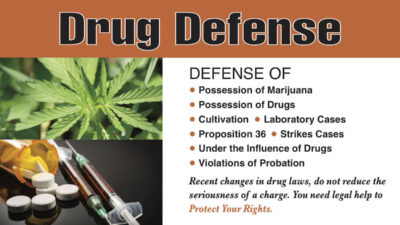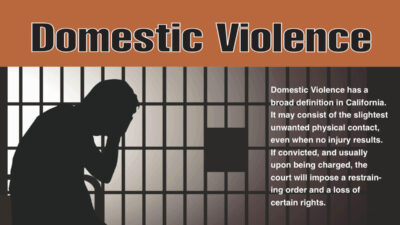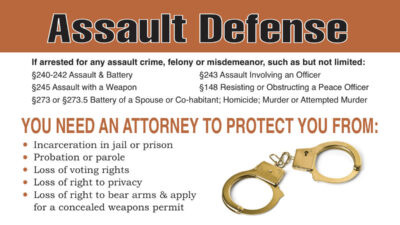An arraignment is the first court appearance when a person is charged with a crime. A Judge advises a defendant as to the nature of the charges, that is, the exact codes sections/statutes, which are alleged to have been violated. The defendant is then given information and advised of his/her various rights (see attached form for all rights advised).
The defendant, if represented by an attorney, usually enters a plea. In your case, I will be entering a plea of not guilty or continuing the matter for a later plea of not guilty.
If the matter is a misdemeanor, the Judge will then continue it for another hearing, which is usually entitled a pre-trial conference. You need not be present at the arraignment or pre-trial conference.
If the matter is a felony, the Judge will then continue it for motions or a preliminary examination. You will be advised further in that regard upon the matter being set for any such hearing.
An arraignment in Butte County sometimes is handled in front of a clerk, without a Judge even being present. There is rarely a District Attorney present, although sometimes one appears if the matter is a felony. In any case, it is just a technical appearance and usually nothing of any particular importance takes place.
If your matter is a misdemeanor, you should have already signed and been given a copy of your various rights form and the waiver of personal appearance, so you do not have to be personally present in court. If you have not, please advise this office.
However, if your matter is filed as a felony, you must be personally present at each and every court appearance, unless notified otherwise.
Summary of Legal Rights (RE: Misdemeanor or Felony)
- Right to know the charge;
- Right to an attorney;
- Right to a court appointed attorney, if legally indigent;
- Right to separate counsel, if there are co-defendants involved with your case;
- Right to a continuance and delay, if required;
- Right to be released on bail, or on your own recognizance without bail;
- Right to know the various pleas available;
- Right to a Preliminary Hearing (for those charged with a felony);
- Right to trial by jury or Judge;
- Right to see, hear, and confront witnesses;
- Right to subpoena witnesses and evidence;
- Right to remain silent (self-incrimination) except at DMV hearings;
- Right to know penalty;
- Presumption of innocence;
- Right to appeal some adverse decisions.
(for further explanation of each right, refer to the advisement of rights you signed)






